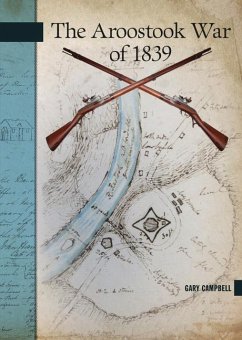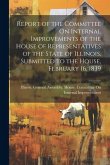The Aroostook War of 1839, an oft-forgotten incident in the storied history of Canada-US relations, is a misnomer. It was an undeclared war with no real combat. Its underpinnings were a two-fold reaction to the 1793 Treaty of Paris -- which ended the American Revolutionary War but left the border between Maine (then part of Massachusetts) and British North America unsettled -- and the War of 1812, when parts of northern Maine were occupied by Britain. Concluding that a negotiated border might negatively afect their claim for the disputed territory, the Maine government set out to occupy the Aroostook River valley in early 1839. In preparation for armed conflict, British regulars, New Brunswick militia, and Maine militia were deployed in the dead of winter, laying the kindling for a third major Anglo-American conflagration. Although a truce negotiated in late March 1839 prevented the outbreak of hostilities, confrontations between the Maine volunteers and New Brunswick's warden, magistrates, and seizing officers continued. Ultimately, cooler heads prevailed and an agreement was reached, which resulted in the Ashburton-Webster Treaty of 1842. A multifaceted story of friction, greed, land grabs, and rivalry, this tale of a border dispute and near-war is an intriguing chapter in the history of Canada and the United States.
Hinweis: Dieser Artikel kann nur an eine deutsche Lieferadresse ausgeliefert werden.
Hinweis: Dieser Artikel kann nur an eine deutsche Lieferadresse ausgeliefert werden.








